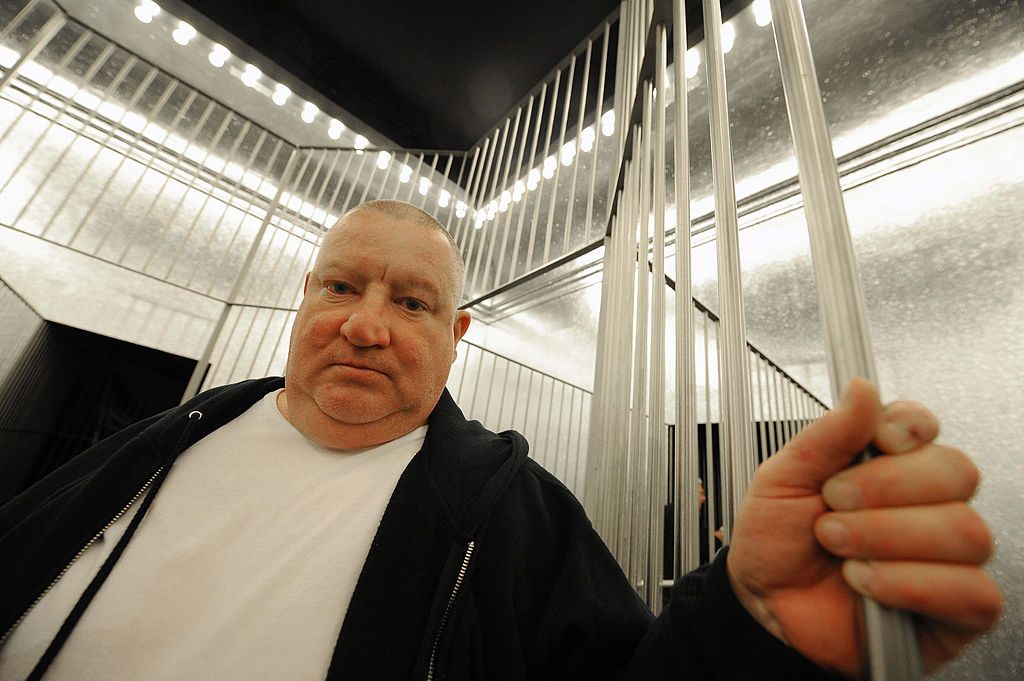Politics
A French City Turned Off a Famed Artist’s Light Installation After Abuse Accusations. Now Locals Say the Dark Square Makes Women Feel Unsafe
Residents are divided on the message the sculpture sends.

Residents are divided on the message the sculpture sends.

Naomi Rea

Nearly a year after the French city of Montreuil, a suburb of Paris, switched off a monumental light installation by artist Claude Lévêque after he was accused of raping and sexually assaulting minors, a local neighborhood council has asked to turn it back on.
The city commissioned Lévêque’s sculpture, Modern Dance, which consists of three monumental circles of blue light wrapped around a water tower, in the Bel Air neighborhood for €171,269 (around $194,000) in 2015. It was deactivated 11 months ago after shocking allegations surfaced of his alleged rape of children.
Now, the local council has written to Montreuil mayor Patric Bessac to reactivate the work, arguing that it was turned off without properly consulting the public, and that the absence of light in the public square where it was installed has women feeling “unsafe.”
A spokesperson for the council told Artnet News that the decision to switch off the sculpture was taken during lockdown by a small committee without properly informing the public of its reasoning. The spokesperson said the request was “in no way” an expression of support for the artist, and added that the council values the “presumption of innocence.”
“It is time to give back light to our neighborhood,” the council said in the letter to Bessac, which was also sent to Alexie Lorca, deputy mayor in charge of culture.
Many local citizens do not “even know that Claude Lévêque exists,” the council wrote.
“Many cases in the history of art confront us with the separation of the work from the artist,” the letter added. “The inhabitants have no interest in the artist himself.”
“I do not understand the point of turning off the lights to fight against pedophilia,” local resident Delphes Desvoivres told AFP. “Turning off the lights has never helped anyone get better.”
The council asked for the installation to be relit before November 25, when the square was officially renamed Place Gisèle Halimi, after the late Tunisian-French human rights champion. To date, the mayor’s office has not made a decision, and did not reply to Artnet News’s request for comment.
But not every local has signed on to the council’s call.
“I have had enough of this injunction to separate things,” Cécile Miquel, a teacher, said. “We are what we do.”
She added that extinguishing the work sent the right message to children, “that they have the right to speak and that the adults will be there to listen to them.”